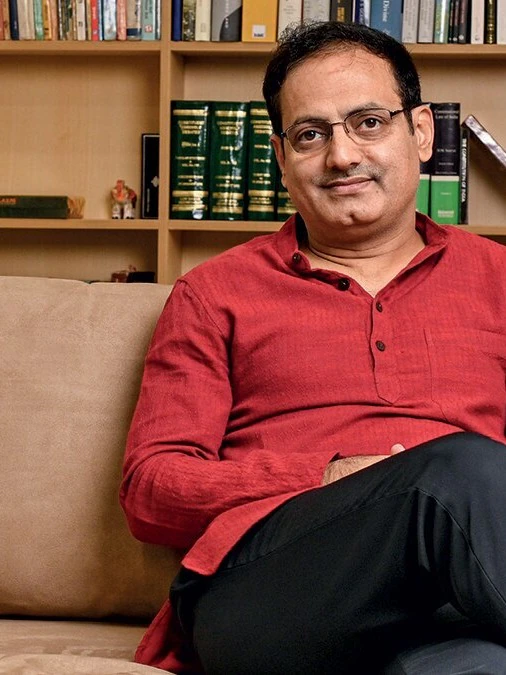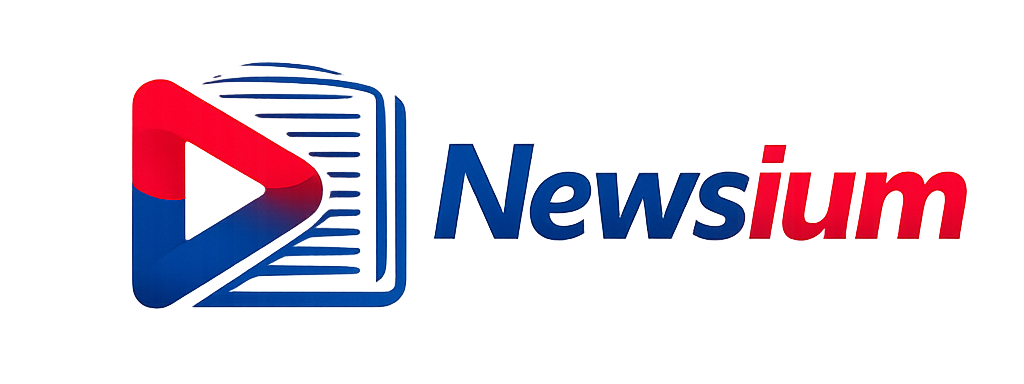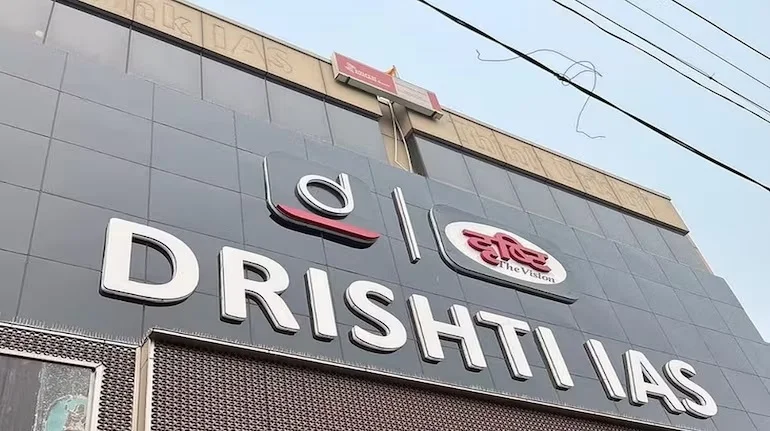The Central Consumer Protection Authority (CCPA) has fined Drishti IAS, a well-known coaching institute in India, ₹5 lakh. The fine was imposed because of misleading advertisements about the UPSC 2022 examination results.
According to the CCPA, the coaching centre made false claims in its ads to attract students. This case highlights the growing problem of misleading advertisements in the education sector.

What Happened?
In 2022, after the UPSC Civil Services Examination results were announced, Drishti IAS released several advertisements. These ads suggested that many top-ranking candidates were trained by the institute.
However, the CCPA found that the claims were not true or exaggerated. The advertisements were designed to make students believe that joining Drishti IAS almost guaranteed success in UPSC.
Such ads, according to CCPA, can mislead students and parents who invest large amounts of money in coaching.
Why the Fine Was Imposed
The CCPA is a government body that protects consumer rights. It said that Drishti IAS had violated rules under the Consumer Protection Act, 2019.
The authority gave three main reasons for the fine:
- False Claims
- The institute advertised that many toppers were its students.
- But on investigation, many claims turned out to be incorrect or unverified.
- Exaggeration of Success
- Ads gave the impression that without Drishti IAS, students could not achieve high ranks.
- This was seen as unfair and misleading.
- Misuse of Achievers’ Names
- Some successful candidates’ names and photos were used without clear proof that they had studied at the institute.
The Penalty
After reviewing the case, the CCPA imposed a ₹5 lakh penalty on Drishti IAS. It also ordered the institute to stop running misleading ads immediately.
The authority said this fine should act as a warning to other coaching centres. Misleading advertisements are not only unethical but also punishable.
Why This Matters for Students
Coaching for UPSC is a huge industry in India. Every year, lakhs of students spend money on courses, test series, and online classes. Many come from middle-class or poor families, hoping for a better future.
When institutes make false promises, students suffer in two ways:
- They lose money.
- They lose valuable time chasing false guarantees.
This case shows the importance of truthful advertising in the education sector.
Misleading Ads in Education Sector
The Drishti IAS case is not the first. Many coaching centres across India publish flashy ads showing photos of toppers. They often claim that those toppers studied at their institute.
In reality, some candidates may have only attended a single class or bought a test series. But the institute markets them as “our students.”
The CCPA has made it clear that such practices are unfair and illegal.
What the Law Says
The Consumer Protection Act, 2019 clearly bans misleading advertisements. According to the law:
- Any company or service provider making false claims can be fined.
- First-time violations can attract penalties of up to ₹10 lakh.
- Repeated violations can result in fines up to ₹50 lakh and even bans on endorsements.
This means coaching institutes must be very careful in their promotions.
Reactions to the Fine
The decision received mixed reactions.
- Students and parents welcomed the move. Many said it was time the government acted against false promises.
- Education experts felt this will bring more honesty to the coaching industry.
- On the other hand, some said that ₹5 lakh is too small for big institutes that earn crores every year.
The Bigger Picture
The fine on Drishti IAS also raises a bigger question. Should education be treated like a business?
Many institutes use glamour, celebrities, and flashy ads to sell their courses. They focus more on marketing than on teaching. Students often fall for these ads, thinking success is guaranteed.
The reality is that UPSC success depends on hard work, strategy, and consistency. Coaching can help, but no institute can guarantee a rank.
What Students Should Learn from This Case
Students preparing for UPSC or other exams should be cautious. Some tips include:
- Do Not Trust Every Ad
- Always verify claims made by institutes.
- Talk to past students if possible.
- Focus on Quality, Not Popularity
- A famous brand name does not always mean the best teaching.
- Check Authentic Results
- Look for official data, not just advertisements.
- Rely on Self-Study
- Coaching can help, but success comes from your own preparation.
CCPA’s Message
The CCPA has sent a strong message with this penalty. It said that misleading ads will not be tolerated. Education is about trust, and students must not be treated like customers in a business market.
This case will push other institutes to be honest in their advertising.

